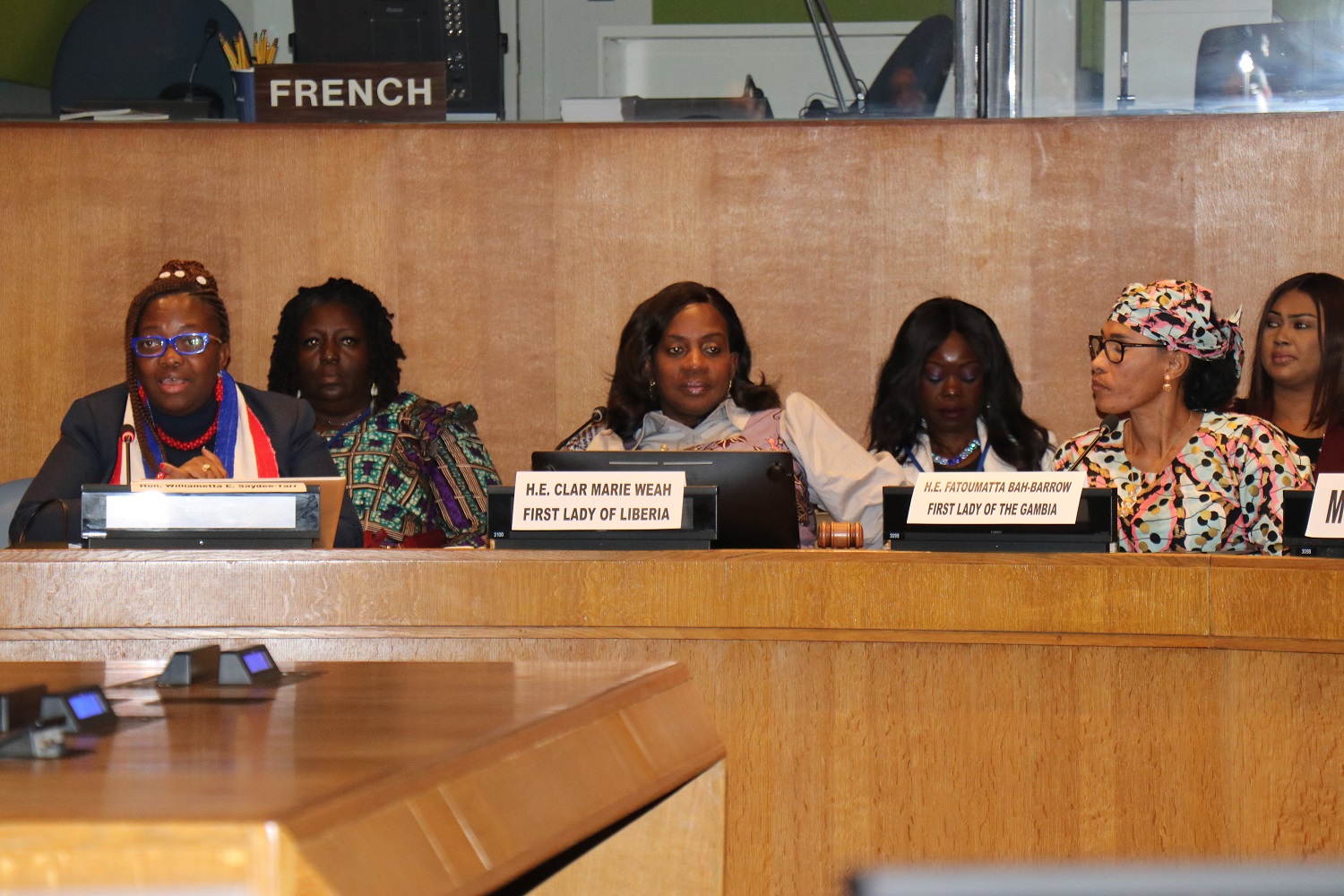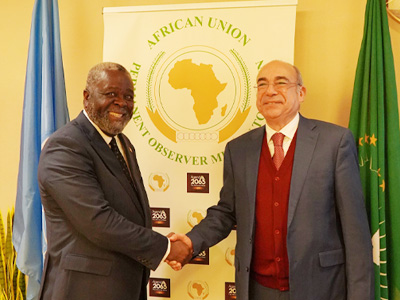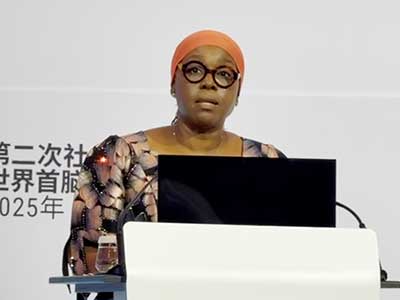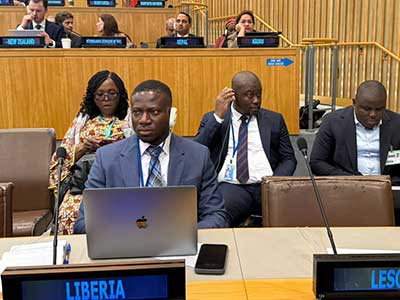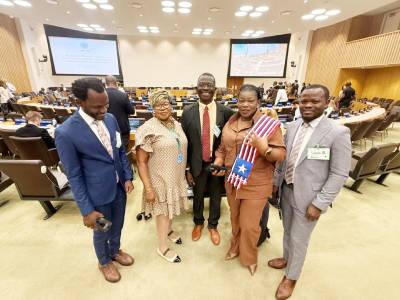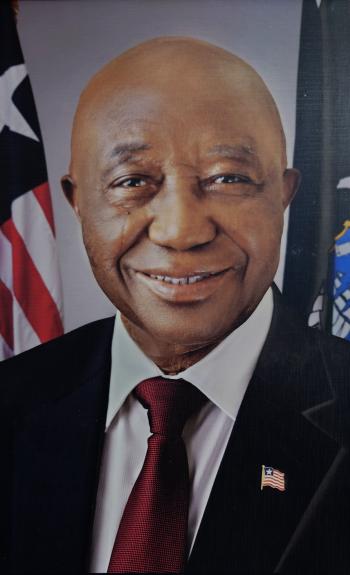The First Lady of the Republic of Liberia, Her Excellency Clar Marie Weah, is urging countries to focus on and support grassroot innovations in the prevention and control of Non-Communicable Diseases (NCDs), especially among women and girls.
Delivering the keynote address on Monday, at a side-event titled: “Gender Equity and Rights in the Prevention and Control of NCDs: the role of Digital Health”,
the First Lady emphasized that grassroot innovations can help identify clear needs and gaps in local communities and promote equitable, inclusive, and sustainable solutions for the prevention and control of NCDs, especially among women and girls.
Non-Communicable Diseases (NCDs) are diseases that are not spread through infections or through other people and include chronic conditions such as heart failure and cancers.
Mrs. Weah described as alarming, heartbreaking, and unacceptable; the fact that Non-Communicable diseases (NCDs) are a leading cause of death globally, resulting in 150 million premature deaths among people aged between 30 and 70 years, mostly in developing countries.
“From my heart, I advance this passionate plea that there is an urgent need, with the effort of all of us, to accelerate progress through different programs fully utilizing the use of research, innovation, data, and digital solutions to facilitate and foster collaboration.” The First Lady of Liberia stressed the urgent need to develop the collective will to effectuate change through research, innovation, data, and digital solutions.
Mrs. Weah used the occasion to share efforts by the office of the First Lady of Liberia through the “She’s You Movement” to ensure that girls and women in Liberia have greater access to healthcare, addressing issues of gender disparities and inequalities.
First Lady Weah: “Our Movement believes that effectively devising strategies that seek to address non-communicable diseases would definitely make a difference and improve the well-being of our people while pushing development, something Liberia is committed to doing in tandem with Target 3.4 of the SDGs. In Liberia, our government pushes hard in this area because understanding that Non-Communicable Diseases have implications and affects the environment, education and the nutritional health of our people.”
Also speaking at the side event, Liberia’s Minister of Gender, Children and Social Protection, Hon. Williametta E. Saydee Tarr said the use of Digital Health in Liberia is still being piloted but is helping to improve efficiency in reducing the timespan and boosting the accuracy of health interventions, enhancing communication and trust between patients and health workers and improving timeliness and accuracy of health reports.
The side event was organized by the World Health Organization (WHO) and co-hosted by Liberia and The Gambia, on the margins of the 67th Session of the Commission on the Status of Women.
It was graced by the First Lady of The Gambia, Her Excellency Fatoumatta Bah-Barrow and brought together several panelists and participants from different regions of the world, including doctors and experts in Digital Health, Diplomats, and university students, amongst others.

